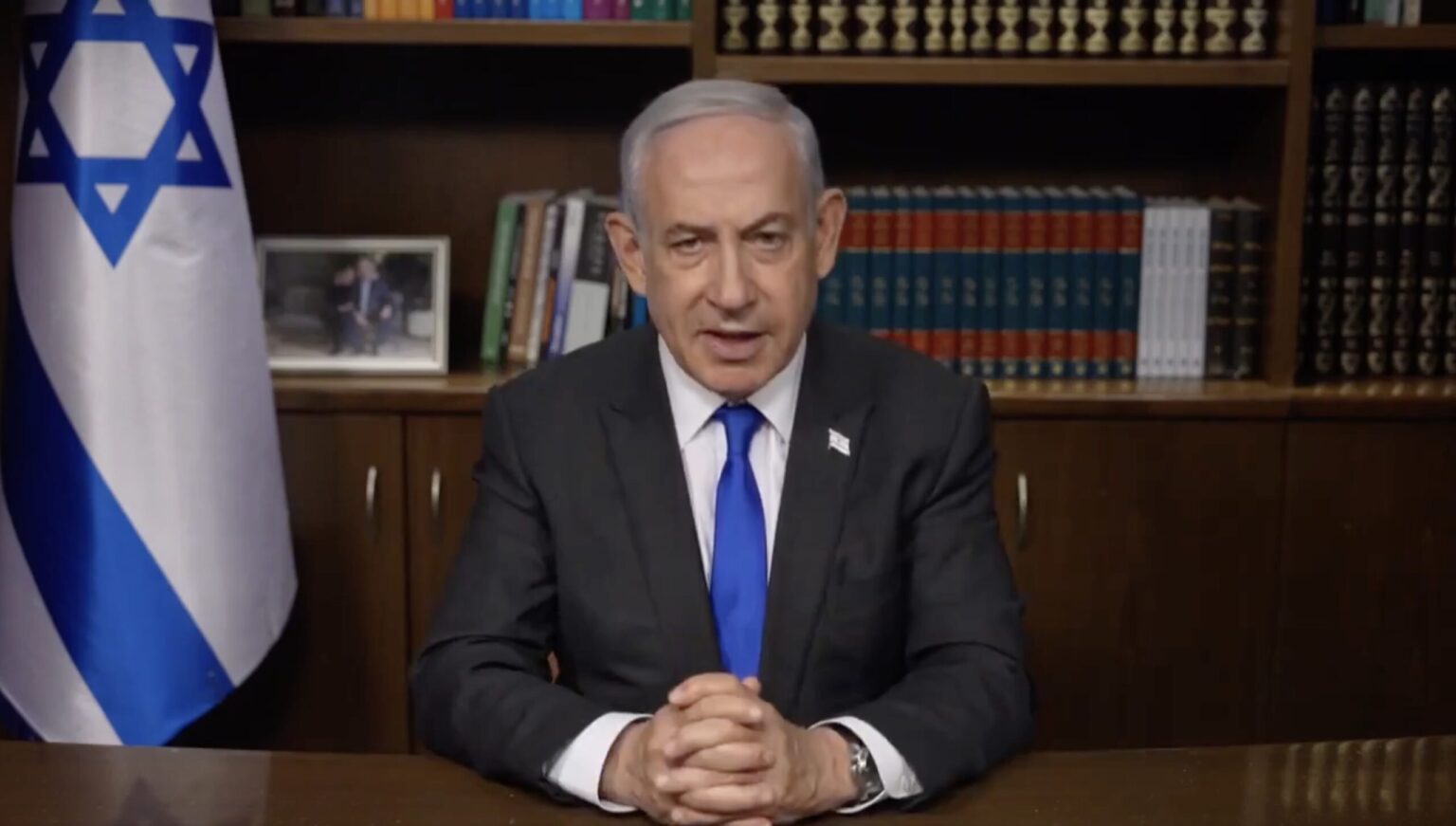In a significant development, the International Criminal Court (ICC) issued arrest warrants on November 21, 2024, for Israeli Prime Minister Benjamin Netanyahu, former Defense Minister Yoav Gallant, and Hamas militia leader Mohammed Deif. These warrants relate to alleged war crimes and crimes against humanity following recent violent confrontations that erupted after Hamas’s attacks on Israel on October 7, 2023, which resulted in substantial loss of life, including the deaths of 1,200 Israelis and the abduction of 251 others to Gaza. The ICC accuses the Israeli leaders of using starvation as a method of warfare, deliberately targeting civilians, and engaging in inhumane acts. This bold move from the ICC has been met with vehement backlash from Israeli officials, who argue that these accusations are not only ludicrous but also politically motivated, framing them as an attack on Israel’s right to defend itself against terrorism.
The charges against Hamas’s Mohammed Deif underscore his pivotal role in orchestrating the October 7 attacks, with allegations that include murder, extermination, and torture. Israel claims to have eliminated Deif earlier in September, yet the ICC maintains that there is no conclusive evidence to substantiate his death. In response to the ICC’s allegations, Yoav Gallant expressed outrage, denouncing the court’s decision as equating Israel’s defensive actions with those of Hamas. He portrayed the ICC’s actions as legitimizing violence against civilians and thereby undermining international norms that support democracy and counter-terrorism efforts.
Israeli President Isaac Herzog echoed Gallant’s sentiments, calling the ICC ruling a “dark day for humanity,” which shifts the focus away from acts of terror committed against Israel. Herzog accused the tribunal of losing sight of its purpose, asserting that the decision constitutes a mockery of the sacrifices made by those in the pursuit of justice globally. He characterized the ICC’s actions as siding with terrorism over democracy, which raised alarms about the integrity of international justice and its effectiveness in addressing acts against humanity. His public statements underscore a widespread sentiment within Israeli leadership that they are being unjustly targeted while facing existential threats.
The criticism of the ICC’s decision extends beyond Israeli officials, as Foreign Minister Gideon Sa’ar labelled the court as a “political tool” that emboldens extremists and jeopardizes stability in the region. Sa’ar stressed that the arrest warrants could impede Israel’s ability to defend itself and put its citizens at further risk. Prominent voices in U.S. politics, including Sen. Lindsey Graham, warned of similar repercussions for America, arguing that if the U.S. does not take a stand against the ICC’s perceived overreach, it risks conceding jurisdiction over its own officials. Graham urged President-elect Donald Trump to respond decisively to these developments, framing the situation as a crucial test for international authority and accountability.
The issuance of the arrest warrants has reignited discussions about the credibility of the ICC. Critics argue that the tribunal has shown selective prosecution, particularly since neither Israel nor the United States are signatories to the Rome Statute, which raises critical legal questions regarding its authority over such cases. The political implications of these actions have become a source of contention, as both internal and external voices call for reconsideration of the ICC’s role and method in international justice, particularly concerning conflicts tied to terrorism and national defense.
In summary, the ICC’s decision to pursue arrest warrants against high-ranking Israeli officials and a Hamas leader highlights the tensions at the intersection of international law and national security. Israel’s fierce defense of its actions in the context of an ongoing war on terrorism contrasts sharply with the ICC’s stance, seen by many in Israel as an unwarranted erosion of its right to protect its citizens. As reactions unfold globally, the ramifications of this decision have the potential to redefine the landscape of international justice and diplomacy, leading to renewed scrutiny of the ICC during a time when global relations are particularly fraught with challenges.

